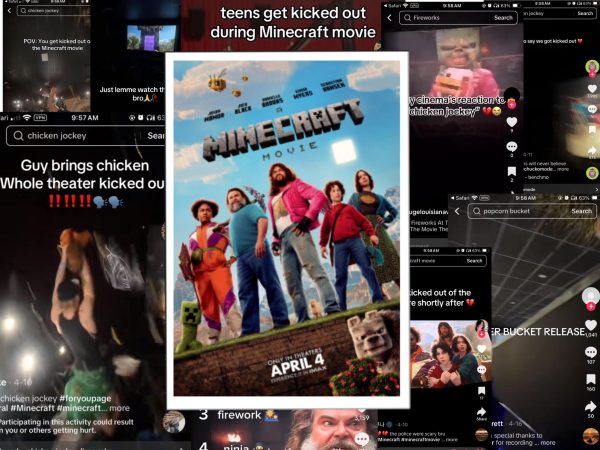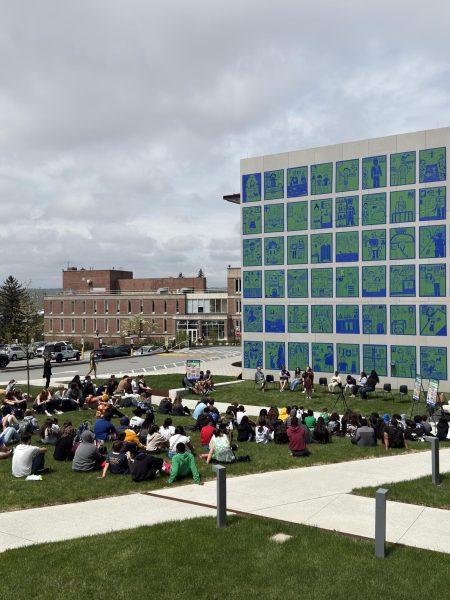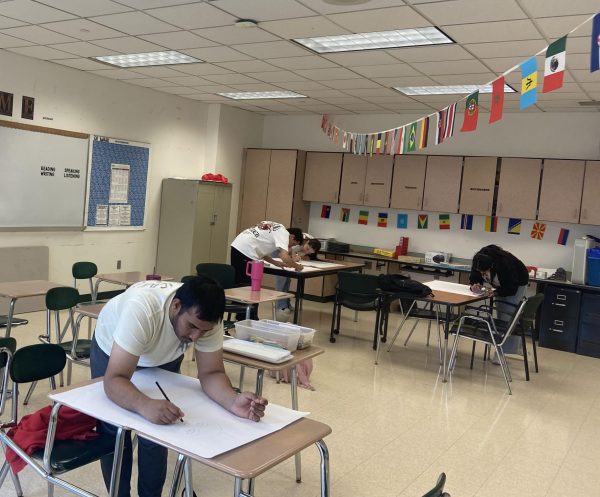Avary’s Top Three Books of 2021
Red Pill – Henri Kunzru
The entirety of Red Pill by Henri Kunzru a psychological fiction novel, is based on surrounding stimuli and how it affects the human mind, making it twist and bend according to the questions and thoughts those stimuli induce, aimed at bringing awareness to how easily ideas and possibility can take control, especially in an age of political divide and overexposure through technology.
The depth of this effect is transported in the vessel of political identity and the battle between conforming or taking a leap of faith into being deemed insane for varying from normalcy. “Their work was predicated on the assumption that the world is bearable, and anyone who finds it otherwise should be coaxed or medicated into acceptance. But what if it isn’t? What if the reasonable reaction is endless horrified screaming?”
Among this theme, the role of social media and the globalization of controversial perspectives and opinions are touched upon, continuing the idea of how much our identity in the worldly picture truly affects how we function, Kunzru writes, “If I wanted to fight, all I had to do was look at my phone.” Including all the key stereotypical elements of political and civil unrest, such as a tv show regarding egotistical police offices, the diabolical conservative who wrote the show, “I found nothing cynical in his writing, just panic, self-stimulation, a man desperately stabbing himself with the needle of his own personality in an attempt to get a response.” a suicidal and depressed artist for inspiration, and even a setting representing past political and societal extremism, Wannsee, Berlin.
The narrator, never named, suggesting the universality of his situation, that anyone could be put in the world of, even the reader themself, is in a state of blockage, living a normal life, but missing something, missing interest and purpose. To find inspiration for a new book, the narrator travels to a clinic in Wannsee, hoping to accomplish a mental reset. Instead, being submerged into a world of paranoia and met with outlets to question authority, he finds himself becoming obsessed with the meaning of life, and the cosmic fight between a conservative world of violence, hopelessness, and chaos and humanity itself, “In theory he was a sanguine population of neurons and I was an uptight mystic clinging on to my childish folk beliefs about the soul.”
Continuing the idea of relativity, and bringing this issue close to home, the author targets personal experiences that anyone can relate to calling the reader out, suggesting that the cause for conformity is fear of being alone and singled out, “…but most people want to cozy up to anyone with the slightest bit of power, and nothing is more scary than being left at the front when a crowd melts away behind you.”
The Aosawa Murders – Riku Onda
Speaking to the history and culture of Japan in the 1960s and developing into a hypnotizing timeline, of a mass poisoning through the many testimonies and experiences of people effected by it, a plot perfectly fit for the master thriller novel, The Aosawa Murders touches upon themes of mental health, the butterfly effect, disorientation, classism, psychological manipulation, and personal perspective. Onda lays out the intricate and fragile fabric of identity right from the get go, “Every person has their own idiosyncratic biases, visual impressions and tricks of memory that shape their perception, and when one also takes into consideration the individual knowledge, education, and personality that influence each single viewpoint, one can see how infinite the possibilities are.”
Starring the cold and mysterious Hisako, the blind daughter of the family that fell victim to the poisoning is the left as the only family member to survive, bringing attention to a possible agenda. Makiko Saiga, one of the children who found the massacre, decides to investigate the murders 30 years after, in the form of a book The Forgotten Festival, a story within a story. Here, the voices of people surrounding the poisoning are outlined, dragging the reader in one direction then another, leading them down a hallway of mirrors, fracturing and reflecting possibilities throughout every chapter, “All that can exist is fiction visible to the eye. And what is visible can also lie. The same applies to which we hear and touch. Fictions that exist and don’t exist — that’s the level of difference in my opinion.”
In these varying expressions, The Aosawa Murders zooms out to show the big picture and how a single yet devastating event can influence the world around it while simultaneously containing the plot of an intelligently written and utterly attention grabbing mystery, “The thing I remembered the most is the anxiety I felt. I was the one who had pushed the switch to set all that in motion. A train of action suddenly moving at high speed. If anything, that frightened me more than when I had entered the house. Whatever had happened there became an acknowledged fact, and the world was reacting to it because of me.”
In the end, you’ll look back and wonder how you even got into this rabbit hole of deception and random possibility, but emerge more aware of the depth of the human mind, and how a person’s identity, a mosaic of their family, friends, environment, ideas, morals, rights and wrongs, leads to the horrific and sometimes beautiful things we see in the universe around us.
Fierce Little Thing – Miranda Beverly-Whittemore
Fierce Little Thing will make you question who you are, in your political identity, in your relation to other people, and in your own self willingness and mental individuality. Utilizing a plot of a power struggle, emotional vulnerability, and eagerness for validation, the danger of raw trust and cult mentality is put into focus.
Starting off with characterizing the protagonist, a young girl, apt to absorbing the energy and qualities of her surroundings to a fault, “Maybe my eyes are like a newborn’s and the accumulation of stimuli is too much information. Or maybe that’s vanity talking – maybe I’m just an old loser who’s been afraid for too long.” Matched with a broken home and no worthy guidance, produces the perfectly receptive candidate for a narcissistic and charismatic leader with a savior complex.
Set in the green tranquility of Maine, the protagonist, Saskia, is thrown into the roaring ocean of a summer camp, meant to restore spirit and develop strength in those with a tragic history. While this sanctuary from the realities of the world provides a mystical connection to her dead brother and allows her to meet a community of like minded kids, it also becomes responsible for a relationship of toxicity, masked in praise and duplicitous attention.
After the traumatizing years of the summer camp and the author tip-toeing around the true depths of the events that occurred there, Beverly-Whittemore beautifully orchestrates a satisfying finale to finally put the suffering of youth caused by misled adult approval. This final standoff comes together in a single breath of relief, built up through intense description of the lives led by the kids from the camp afterwards, showing the everlasting effects on their mental health and the need for stability.














